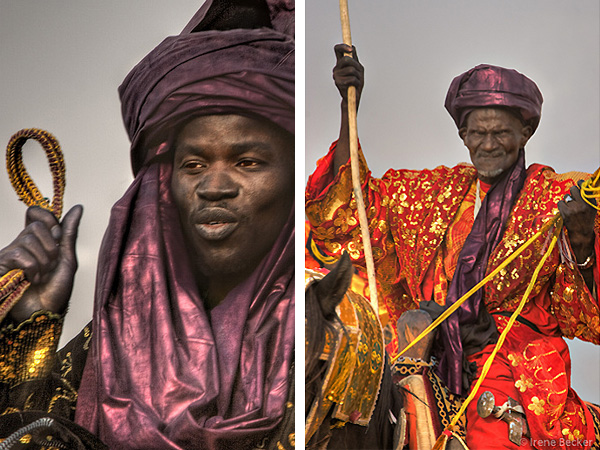Angela
Elite member
- Messages
- 21,823
- Reaction score
- 12,329
- Points
- 113
- Ethnic group
- Italian
See:
https://nemets.substack.com/p/the-sons-of-chad
"Many men among both the Laal, the Hausa, and other Chadic speaking peoples carry the Y chromosomal haplogroup R1b-V88. It puzzled scientists for a number of years as R1b lineages are most common in Europe, and there was no obvious connection between Europe and sub-Saharan Africa. The puzzlement increased with the discovery of bodies with specifically R1b-V88 lineages in 8th millennium BC Ukraine and 9th or 10th millennium BC Serbia. In the last 10,000 years, the R1b-V88 lineage has largely died out in Europe outside of Sardinia, being replaced by other lineages such as I, R1a, and R1b lineages without the V88 mutation. The R1b-V88 lineage most common within Africa shows a “star shaped phylogeny” that dates to the early 4th millennium BC - that is, the men carrying it at the time were the direct forefathers of many, likely as the result of violent conquests and polygyny. While entire story of Hausa and Laal origins will likely never be known, we do know enough about prehistory to see at least the outlines of the journey of their forefathers."

Next time people tell you yDna affects phenotype.


https://nemets.substack.com/p/the-sons-of-chad
"Many men among both the Laal, the Hausa, and other Chadic speaking peoples carry the Y chromosomal haplogroup R1b-V88. It puzzled scientists for a number of years as R1b lineages are most common in Europe, and there was no obvious connection between Europe and sub-Saharan Africa. The puzzlement increased with the discovery of bodies with specifically R1b-V88 lineages in 8th millennium BC Ukraine and 9th or 10th millennium BC Serbia. In the last 10,000 years, the R1b-V88 lineage has largely died out in Europe outside of Sardinia, being replaced by other lineages such as I, R1a, and R1b lineages without the V88 mutation. The R1b-V88 lineage most common within Africa shows a “star shaped phylogeny” that dates to the early 4th millennium BC - that is, the men carrying it at the time were the direct forefathers of many, likely as the result of violent conquests and polygyny. While entire story of Hausa and Laal origins will likely never be known, we do know enough about prehistory to see at least the outlines of the journey of their forefathers."

Next time people tell you yDna affects phenotype.

